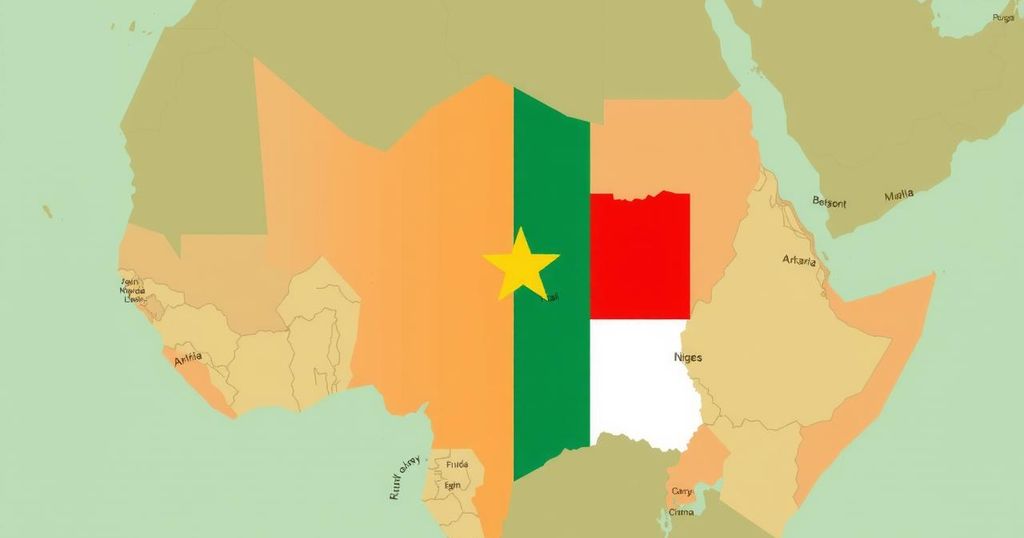A report reveals that only 5% of deforesters in Brazil’s Amazon paid fines for illegal deforestation. Out of 3,500 lawsuits analyzed, offenders were ordered to pay 252 million reais, but only 652,300 reais have been collected. Challenges include variable compensation rulings and difficulties in identifying offenders. New protocols may improve consistency in future cases.
A recent report reveals that only 5% of individuals prosecuted for illegal deforestation in Brazil’s Amazon have paid their court-ordered fines. The analysis, conducted by Imazon, highlights over 3,500 lawsuits filed by Brazil’s Federal Public Prosecutor’s Office from 2017 to 2020, concerning the destruction of over 265,000 hectares of rainforest, which is equivalent to three times the size of New York City. The authors emphasized the difficulty of holding offenders accountable and noted, “Despite progress in punishments, enforcement remains very low.”
Out of the lawsuits that received a decision, 640 resulted in convictions, mandating offenders to collectively pay 252 million reais ($43.4 million) in compensation and civil penalties. However, by December 2023, only 37 offenders had paid a mere 652,300 reais ($112,000), which amounts to only 0.2% of the total owed. Prosecutors had originally estimated damages from illegal deforestation at 4.6 billion reais ($792 million).
The report also pointed out challenges in the legal process, as many cases were dismissed due to defendants being untraceable or because satellite imagery evidence was not permitted by lower courts, despite its acceptance in higher courts. Furthermore, the filing of 788 lawsuits against unknown defendants aimed to limit accessibility to deforested areas and facilitate the seizure of deforestation-related machinery. However, if no individual is identified, these cases may face dismissal.
Compensation decisions showed significant variability, with some judges imposing reductions in claims of up to 90% or dismissing fines altogether. Some justified this as preventing “double punishment” since offenders were already expected to restore the damaged areas. “Reparations via the legal system are essential to ensure that major deforesters are held accountable,” stated Suely Araújo from the Climate Observatory, adding that substantial challenges remain.
In October 2024, Brazil’s National Justice Council introduced a protocol intended to standardize the calculation of fines in environmental cases, potentially leading to more consistent rulings and improved enforcement. Araújo remarked, “It’s essential to make sure the climate damage caused by deforestation is properly calculated in court rulings.”
In summary, the enforcement of penalties for illegal deforestation in Brazil’s Amazon remains alarmingly low, with only a minority of offenders fulfilling their financial obligations. The legal system faces numerous challenges, such as variable interpretations of compensation, difficulties in identifying defendants, and judicial inconsistencies. Future protocols from Brazil’s National Justice Council offer hope for improved accountability and standardized rulings, which may enhance environmental justice in the region.
Original Source: news.mongabay.com




